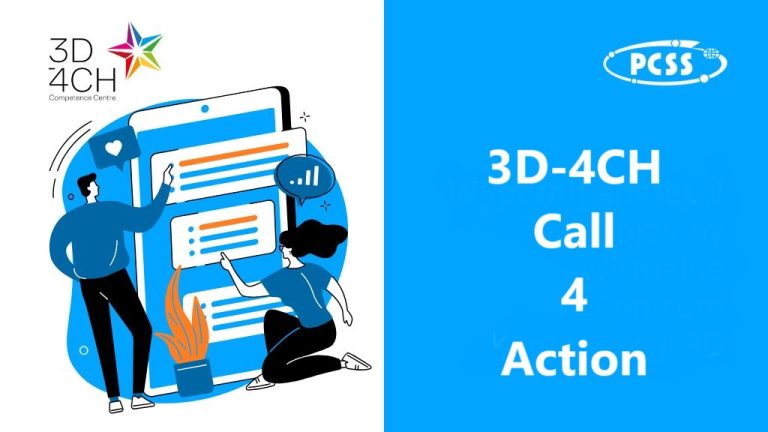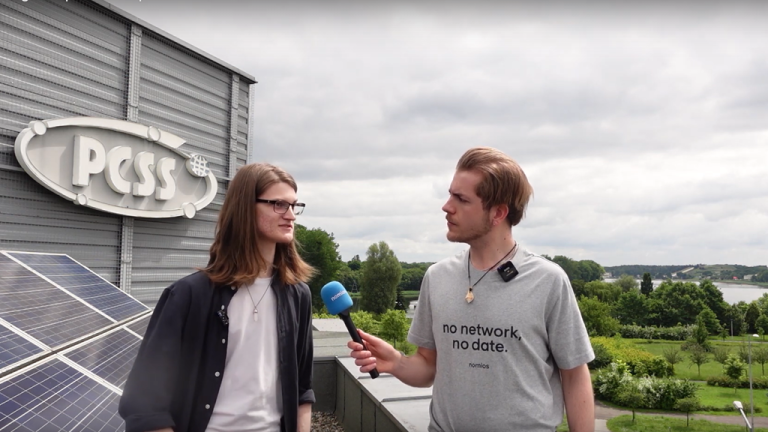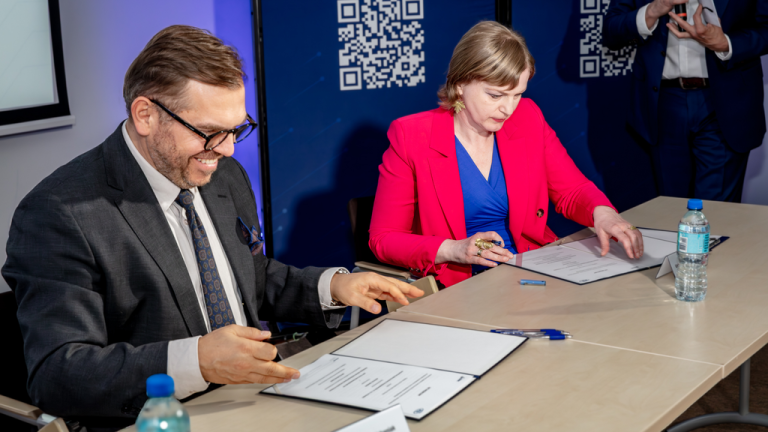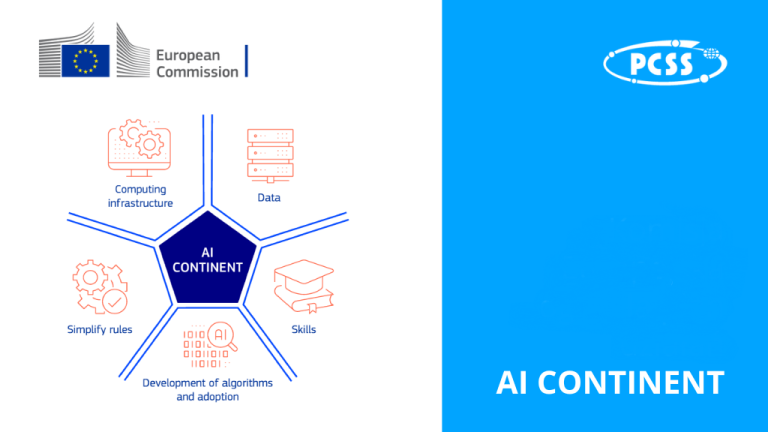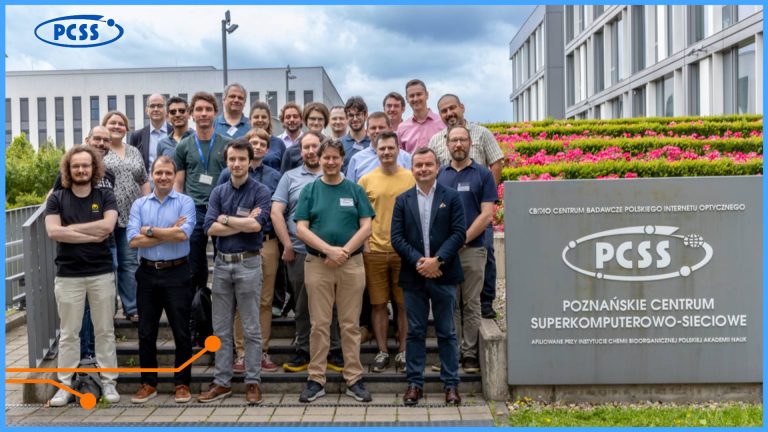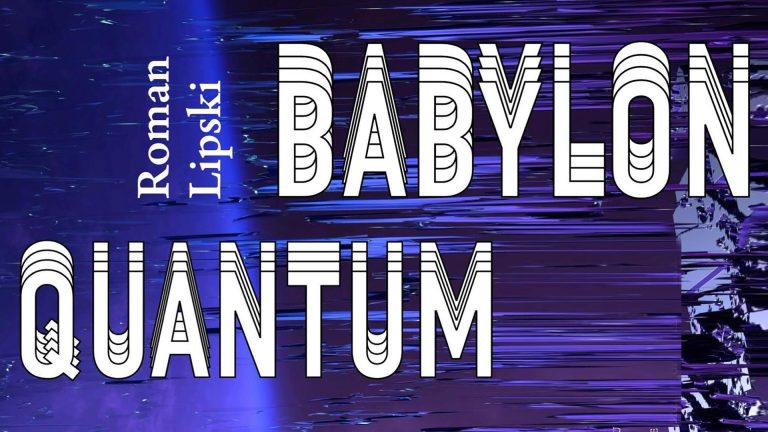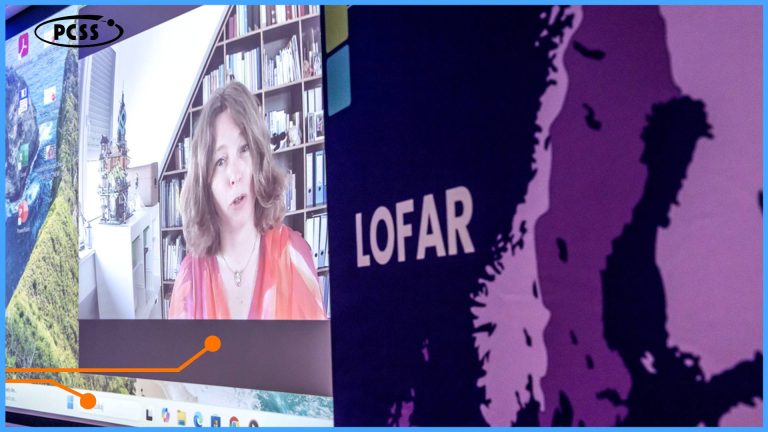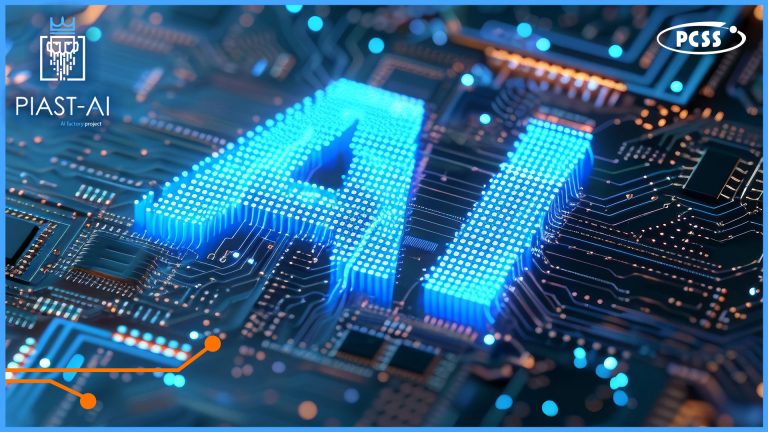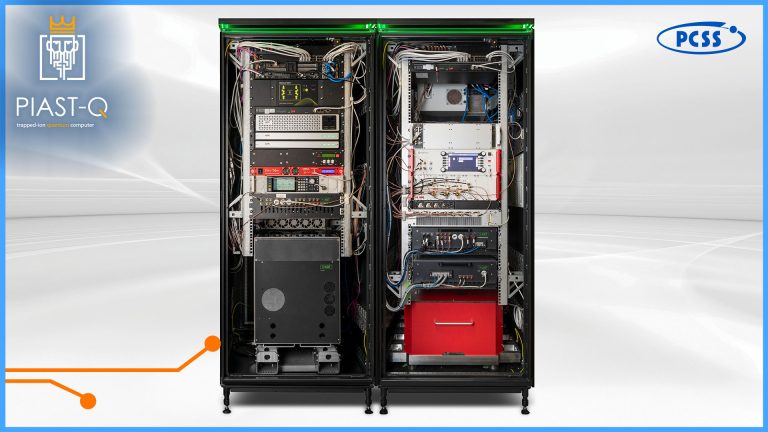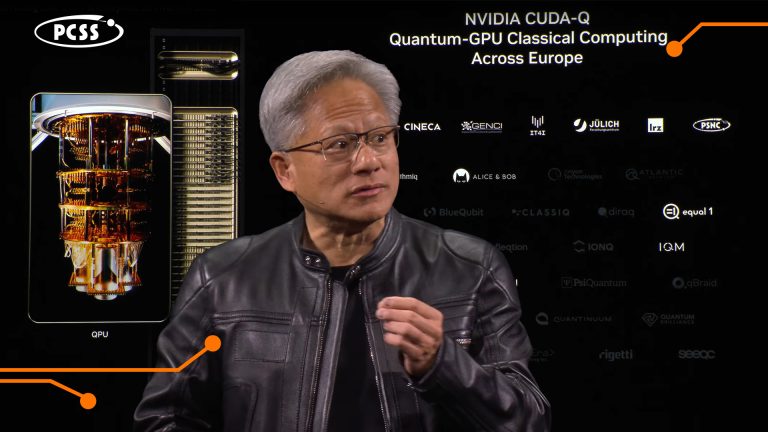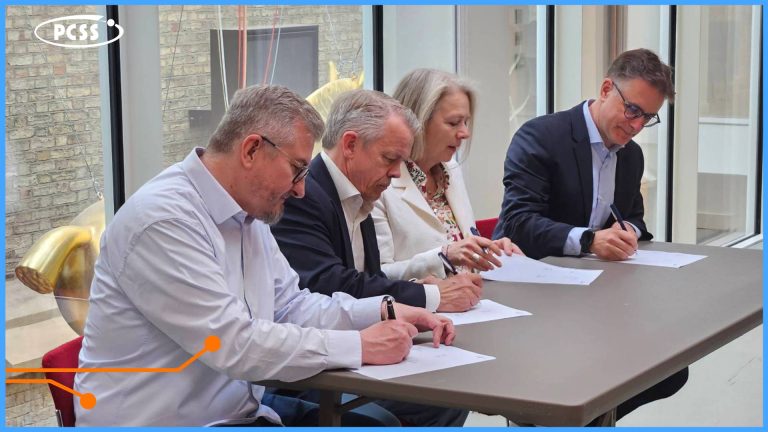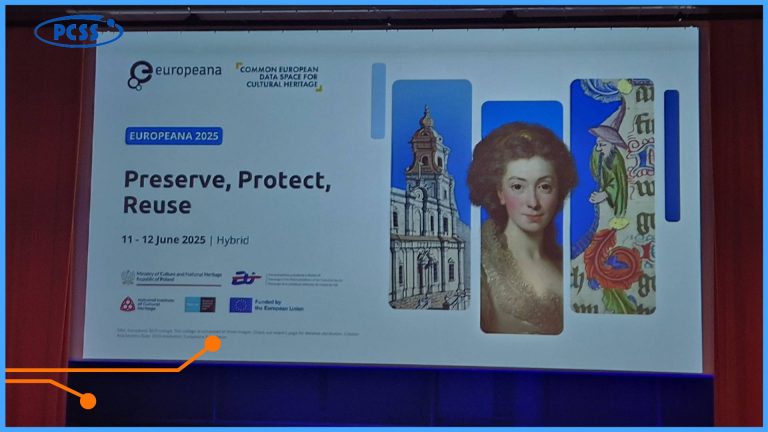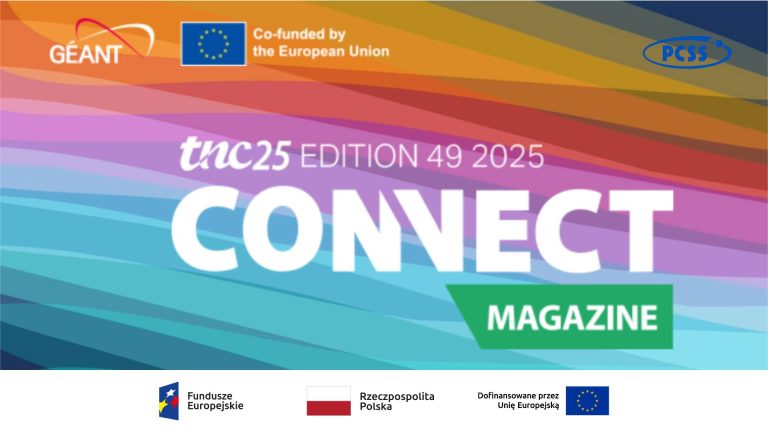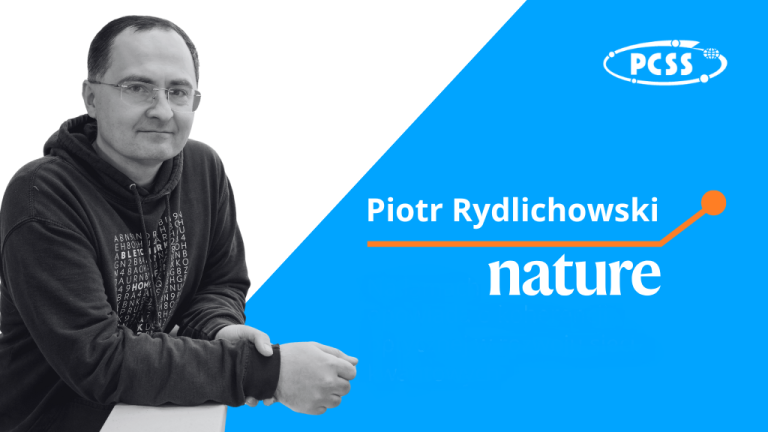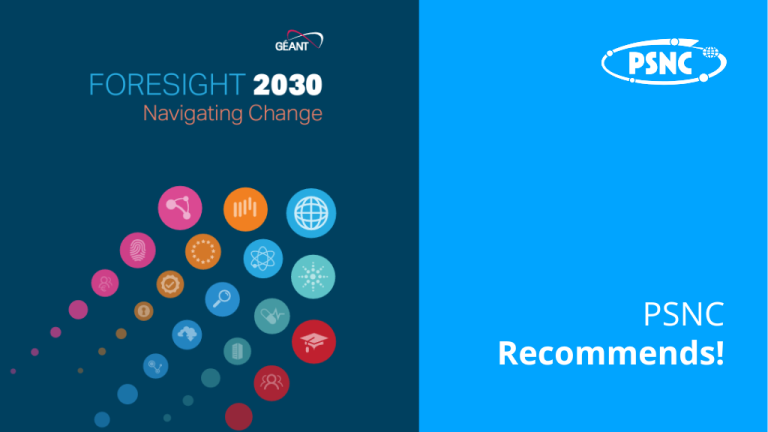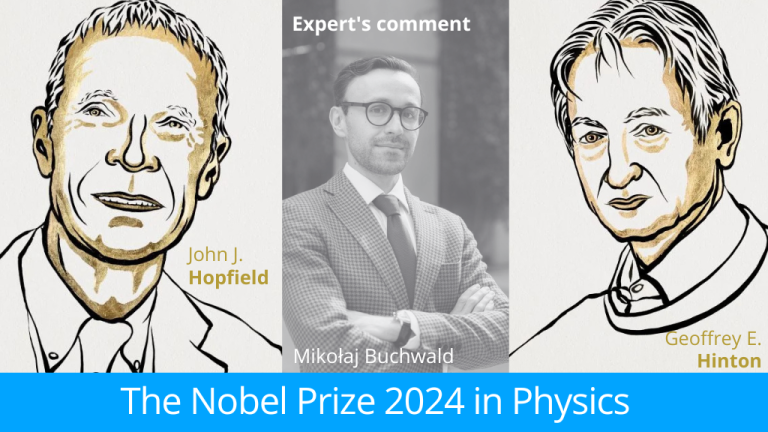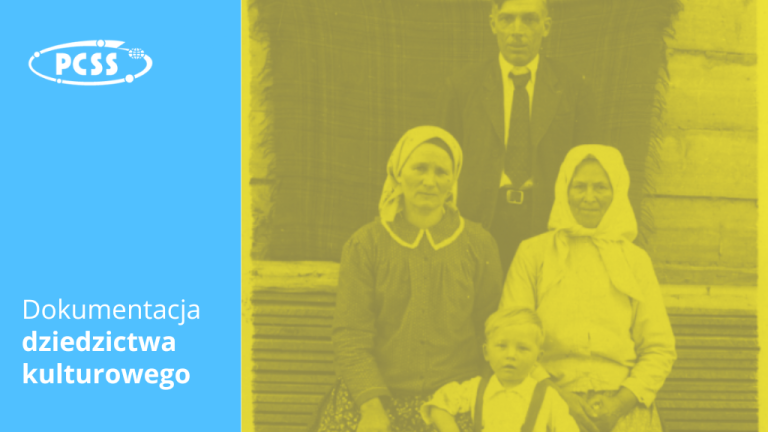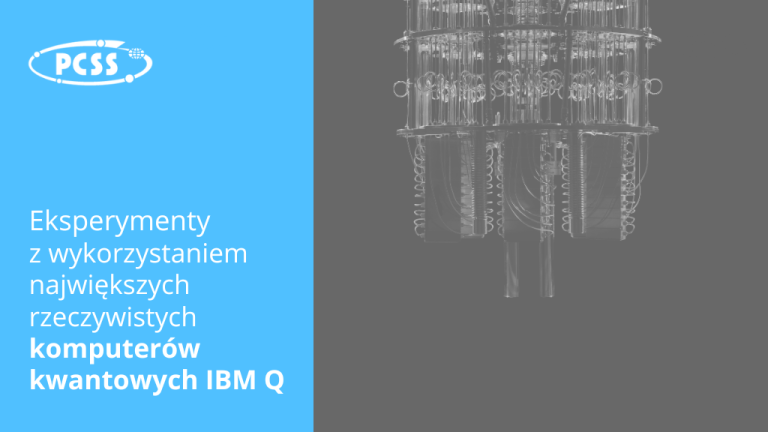The 15th international conference “Parallel Processing and Applied Mathematics” (PPAM 2024) will be held on September 8-11, 2024 in Ostrava, Czech Republic, during which the workshop “Workshop on Advancements of Global Challenges Applications” (AGCA) will be organized.
Global Challenges (GC) define problems that require interdisciplinary expertise and large-scale solutions due to their inherent complexity. The goal of the GC is to define synergies between modelling, data collection, simulation, data analysis and visualization, and to achieve better application scalability on current and future HPC and AI infrastructures to deliver solutions that can effectively leverage pre exascale systems.
The AGCA workshop, as an initiative of the Centers of Excellence (CoE) funded by EuroHPC JU, is a forum for discussing ideas for the development of large-scale simulation applications to meet GC requirements, with particular emphasis on their scalability, performance and co-design.
Special guests of the workshop will be Rafał Duczmal – Chairman of the EuroHPC JU Governing Board and Michael Resch – Director of HLRS – High-Performance Computing Center Stuttgart.
Rafał Duczmal will give a presentation entitled “The EuroHPC JU – collective effort for the development of European HPC Infrastructure and Applications” where he will discuss the activities of EuroHPC JU in the field of infrastructure, applications and AI Factories. The aim of the presentation is to shed more light on these challenges from the perspective of the funders, starting from the current situation and developing possible future changes and actions in these areas.
Michael Resch in his presentation entitled “Sustainable HPC for Global Challenges” will present a view on the issue of sustainable development of high-performance computing, focusing on the role of various factors that allow for optimizing the sustainable development of systems and centres. Then, several scientific fields that help to face global challenges, and in particular the challenge of a sustainable future, will be presented.
The workshop program includes the following presentations:
1. The EuroHPC JU – collective effort for the development of European HPC Infrastructure and Applications – Rafał Duczmal
2. Sustainable HPC for Global Challenges – Michael Resch
3. Simulation of wildfires using EuroHPC resources: challenges and opportunities – David Caballero, Leydi Laura Salazar, Ángela Rivera and Luis Torres
4. Ktirio Urban Building: A Computational Framework for City Energy Simulations Enhanced by CI/CD Innovations on EuroHPC Systems – Christophe Prud’Homme, Vincent Chabannes, Luca Berti, Maryam Maslek, Javier Cladellas and Philippe Pincon
5. Fostering uncertainty quantification in Global Challenges with mUQSA toolkit – Michal Kulczewski, Bartosz Bosak, Piotr Kopta, Wojciech Szeliga and Tomasz Piontek
6. HPC-CFD Based Optimization of Indoor Environment to Minimize Airborne Contaminants – Makoto Tsubokura, Rahul Bale, Alicia Murga, Kazuhide Ito, Andreas Lintermann and Mario Ruttgers
7. Performance portability of various programming models on Particle-In-Cell – Kevin Peyen, Mathieu Lobet, Juan José Silva Cuevas and Edouard Audit
8. Portability of Multiphysics Applications on Heterogeneous Modular Supercomputers – Daniel Caviedes Voullieme, Seong-Ryong Koh, Stefan Poll, Estela Suarez, Takashi Arakawa, Kengo Nakajima and Shinji Sumimoto
9. Efficient allocation of LLM and machine learning tasks on multi-GPU systems – Marcin Lawenda, Krzesimir Samborski, Kyrylo Khloponin and Lukasz Szustak
10. Parallel reinforcement learning and Gaussian process regression for improved physics-based nasal surgery planning – Mario Rüttgers, Fabian Hübenthal, Makoto Tsubokura and Andreas Lintermann
In addition, as part of the main track of presentations, Marcin Lawenda, Łukasz Szustak and László Környei will present their paper entitled “Exploration of performance-energy correlation for CFD codes on cluster with AMD CPUs”. It presents the importance of performance-energy correlation for CFD codes, emphasizing the need for sustainable and efficient use of clusters. The main goal is to optimize the selection and prediction of the optimal number of computing nodes in order to reduce energy consumption and/or shorten the computation time. For this purpose, the CVOPTS (Core VOlume Points per Time Step) metric was introduced, which allows for direct comparison of parallel performance for applications in modern HPC architectures.
The full conference program is available at the site: https://ppam.edu.pl/program#program.
We encourage you to participate in the PPAM 2024 conference and in particular the AGCA workshops. The conference is available in hybrid mode, if physical participation is not possible, it is possible to participate online. You can now register using the form: https://ppam.edu.pl/registration#contents.
The main organizers of the workshops are: dr Marcin Lawenda (PSNC) and dr Łukasz Szustak, prof. PCz. More information can be found at: ppam.edu.pl.
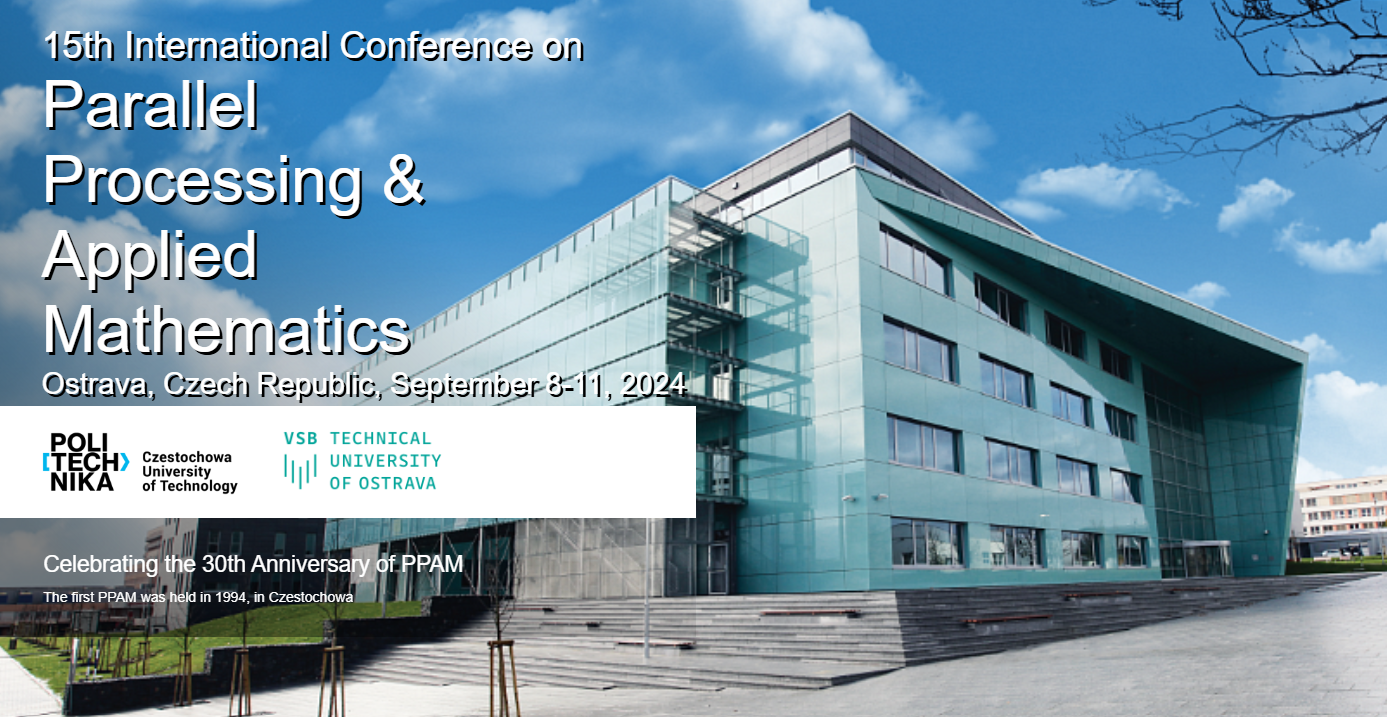

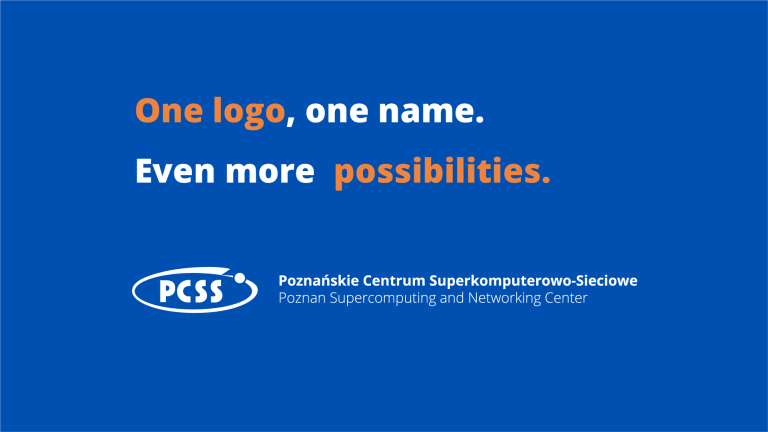
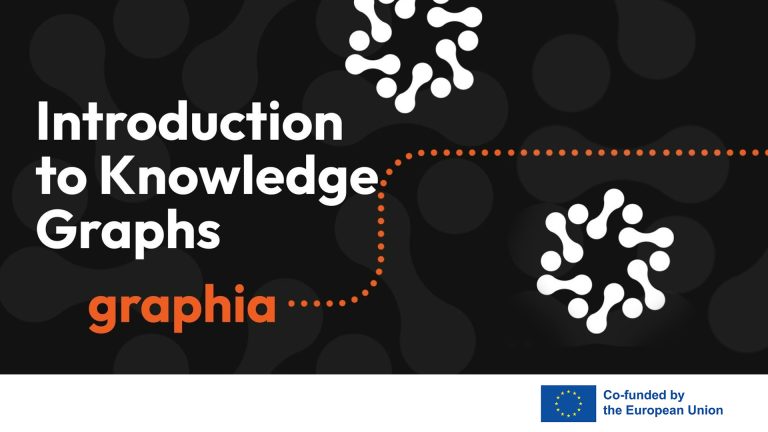
![The image displays the word "LUMEN" in a stylized, outlined font, with different letters connected by lines and arrows to various academic disciplines. The letters "L" and "U" on the left are linked to "Mathematics [Maths]" and "Social Sciences and Humanities [SSH]," while the letters "M," "E," and "N" on the right are associated with "Earth System Science [ESS]" and "Molecular Dynamics [MD]." The overall design suggests an interconnectedness of these fields, potentially illustrating the interdisciplinary nature of something represented by "LUMEN".](https://www.psnc.pl/files/2025/05/lumen2_EN-768x432.jpg)
